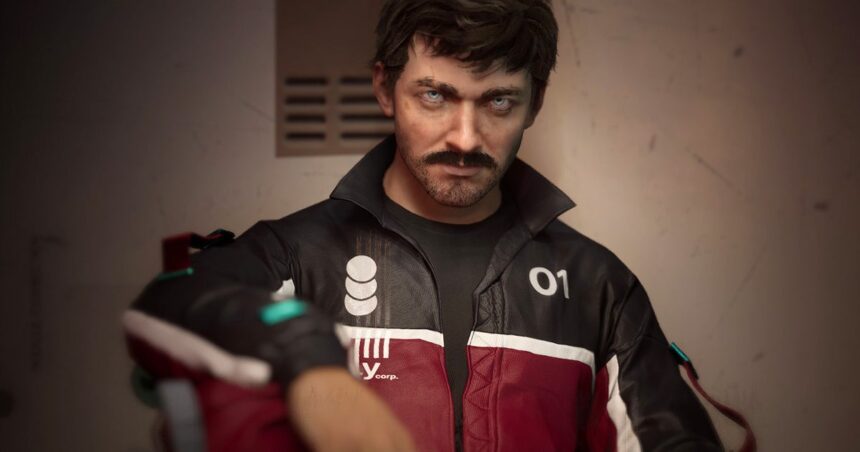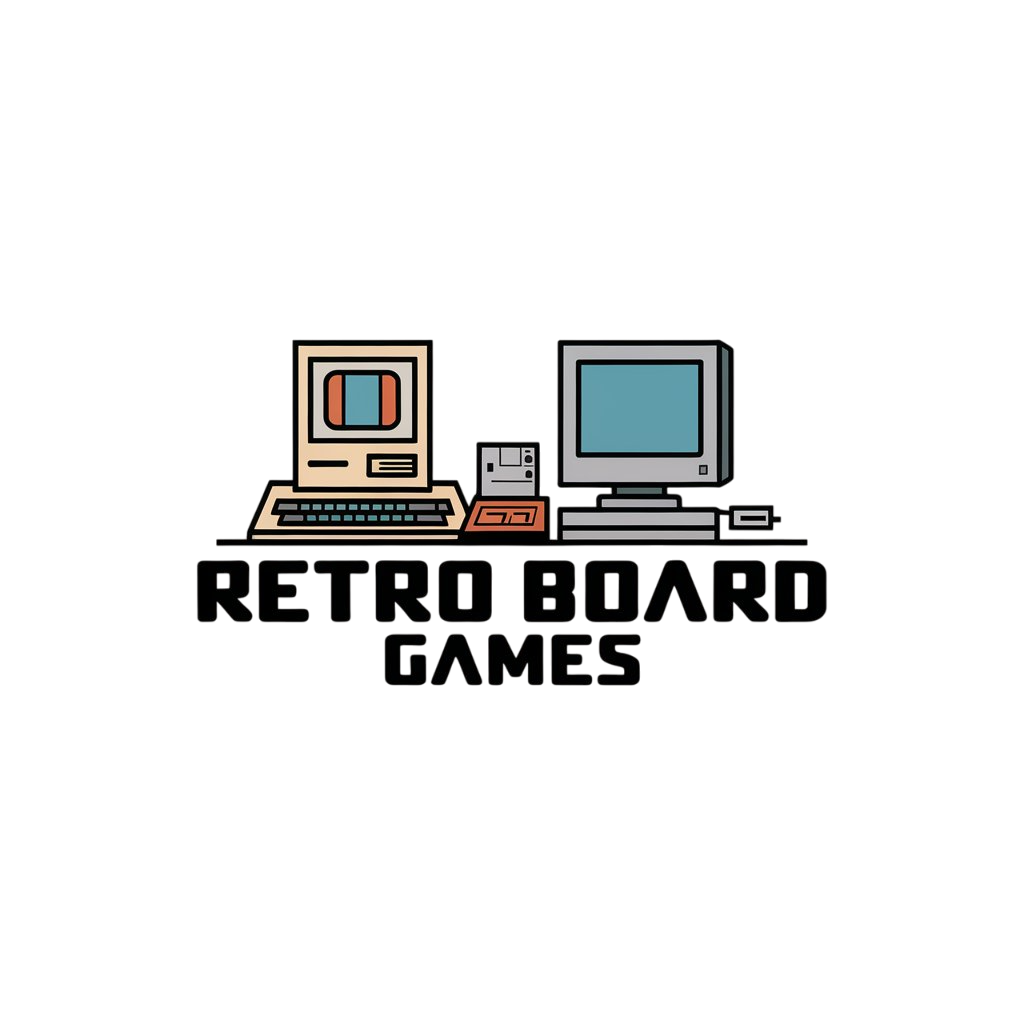The Alters achieves something tense and new by merging strategy base-building with third-person exploration and a sci-fi story about cloning yourself. But repetition and complicated busywork mar the overall effect.
I’ve got a problem: I crash-landed on a strange alien planet and I’m the only one from my crew who survived. I found the large tyre-shaped base I was looking for – and by large I mean ginormous; it’s the height of a tower – but in order to get it rolling again, and I do mean literally rolling, I’m going to need help. I need more pairs of hands. I need people to help me mine resources and make food and protect the base against radiation, because if I don’t get it moving, the soon-to-be-rising sun will roast me. Really I have no option: I need to clone myself.
This is the set-up for The Alters, the new game from Polish developer 11 bit Studios, which has built a reputation for lacing base-building strategy games with tricky moral dilemmas and dark subject matter. In This War of Mine, it was managing a base of civilians living in a war zone; in Frostpunk, it was establishing the last city on a frozen Earth. Here in The Alters, it’s creating clones in order to get yourself home, and again the question is: how far are you willing to go in order to survive?
The central conceit in The Alters is cloning, then. On board your space-age tyre-shaped base is a Quantum Computer, which is capable of looking through the memories of someone’s life and then marking points on a timeline where it could have changed – gone a different way. In this case, the life is Jan Dolksi’s, a fairly unremarkable person who signed up for an experimental mission to space, in a last ditch attempt at some glory. It’s his timeline we select and create alternate versions of him from.
To begin with this is a guided decision but you have a freer choice over which Jan to create later on. Initially, we’re guided towards a moment in Jan’s life where, at 19 years old, he decided to move away from home, from a violent father, and in doing so leave his mother alone, which is something he feels enormously guilty about. What would have happened if he hadn’t moved away? Now, finally, he can find out, by creating the clone who lived that path: Technician Jan – there’s always a mechanical skill associated with a new Jan, in this case the ability to repair things quickly. There’s a doctor Jan, a scientist Jan, a botanist Jan, and a few more, and each has a distinct personality and a different lived experience, based on decisions of their own. It’s a minor marvel how actor Alex Jordan has managed several appreciably different performances of the same character for the game. Technician Jan selected, then, we head to the Womb module in the base to wait for him to quick-grow.
This is sci-fi weirdery and the game leans fully into it, managing to express a sense of humour about what’s going on without ever lampooning itself, which takes some skill. And while the clones border on stereotype as ultra-nerdy scientists or gruff and burly technicians – and veer into cliché with lives dominated by alcoholic fathers and work-chosen-over-relationship moments – they do develop into deeper and more rounded characters that have a few surprising revelations of their own. They’re also the game’s avenue for prodding and probing your morals, which it does, constantly, and the conversations you have will shape their mental wellbeing. Alters are the heart of the game, hence the name of the game, and much more than the gimmick I feared they would be or a mechanical tool to exploit – although to what degree you agree or disagree with that sentiment is a theme running through the game.
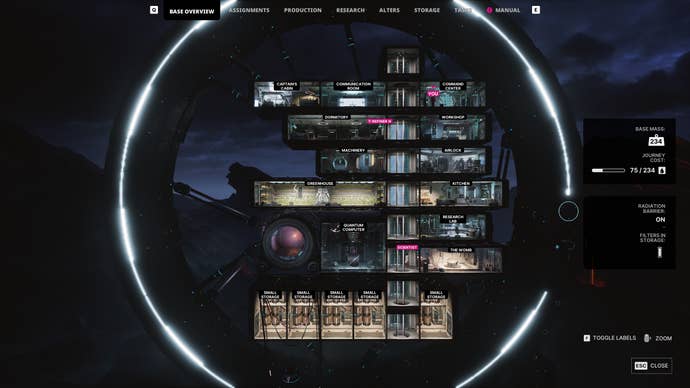
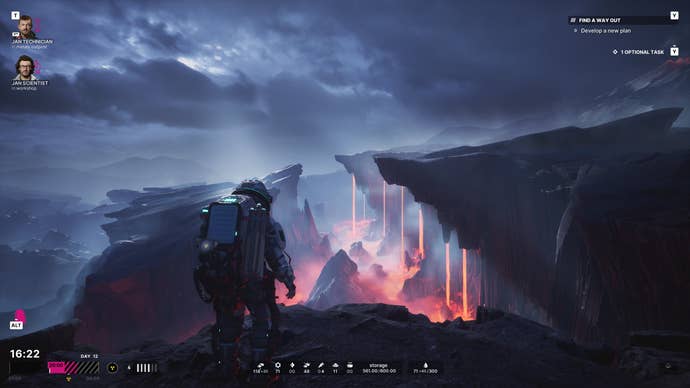
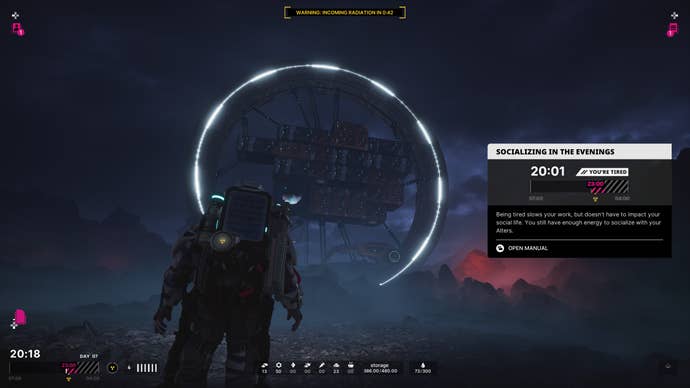
Then comes mechanical pressure, something 11 bit Studios has become a sadistic master of, and you can feel the lessons of Frostpunk and This War of Mine in full effect here. As in Frostpunk, there’s an apocalyptic overarching threat getting closer by the day. Here, the sun is rising and if you’re caught in it, even inside your base, it will burn you to a crisp like a vampire at dawn. You need to move your base and stay in the dark, a goal that’s replicated but varied to some degree for each of the game’s three acts, though in order to do so, you’ll have to overcome some obstacles first. There’s a bridge of lava, for example: discover and create the technology you need to cross it.
While you’re trying to do this, you’ll contend with day-to-day survival, which involves producing food to eat, repairing the base and protecting everyone from radiation, and ensuring alters are physically and mentally well by building an assortment of rooms for them, such as gyms, social rooms, and simulated parks with benches. By the way, these rooms are visually adorable, appearing side-on like a futuristic doll’s house, and packed with dinky detail. There are gadgets and posters and lived-in detail wherever you look, and there’s life and interaction as alters exercise or listen to music there. The developer has even put actual films – short sketches by comedy duo Chris & Jack – in the game that you can watch with your alters, and there’s a beer pong mini-game. It’s a genuine treat nosing around each new room for the first time.
More pressure piles on top of this. You’ll communicate with another faction of people back on Earth linked to the corporation you’re working for, and each of the people you talk to will have demands of their own – secondary missions to undertake. Alters will also give secondary missions to you and usually they will be diametrically opposed to what someone else wants. It’s never a case of pleasing everyone in the game; conflict is unavoidable (there’s a slight railroading effect to some of it that I didn’t like, as if I had no power over the outcome, but it did lead somewhere ultimately quite interesting).
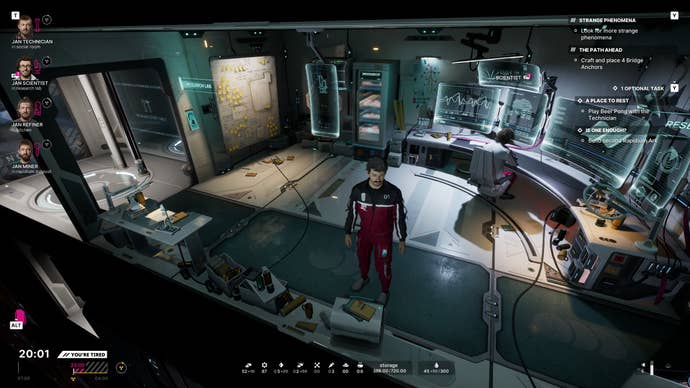
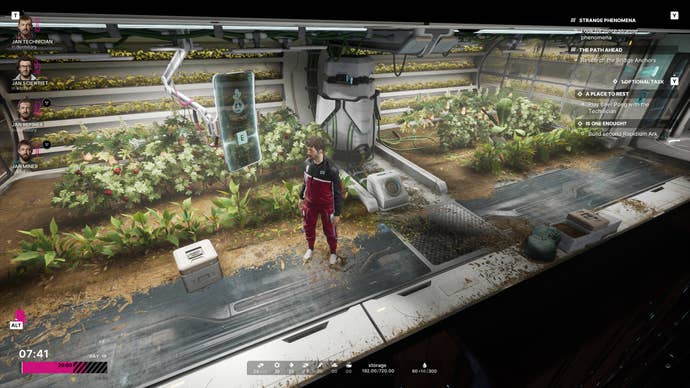
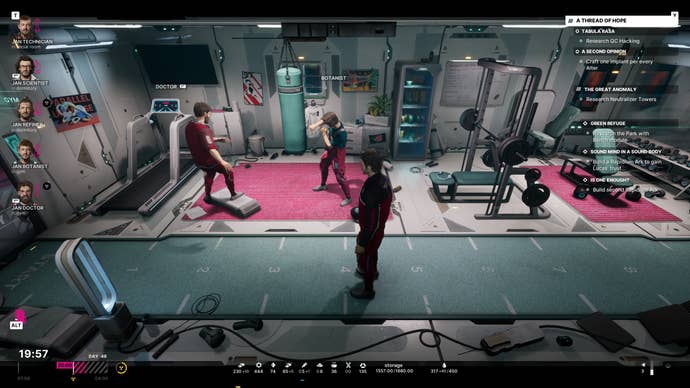
Then, there’s the outside, the other half of the game – the third-person, over-the-should action exploration sections. Here, you’ll venture out onto the planet’s surface to look for resources and establish mining pipelines there, and these sections – a new invention for 11 bit – work very well, adding a different perspective that helps underline the sci-fi setting of the game. The planet’s sweeping vistas of low-hanging moons and mist-clung rocks and lava pools, and its strange, magical minerals that warp the air, all contribute to a feeling of soapy, romantic sci-fi. Mysterious alien anomalies shimmer in and out of view and synths warble speculatively in your ear. It’s a Mass Effect kind of fiction, a familiar yet fantastical one.
Primarily, you’re out there looking for the resources your base will run on, for deep deposits of metals, minerals or organics you build things with and keep everyone alive with. You need to first find them, then drop a bunch of scanners to locate the mining point, then link the mining platform to your base via a pylon daisy chain. There’s some light puzzling elements at work here, basically. You might also need to research a grappling hook or drill to get there, and make a flash-light weapon of sorts to deal with anomalies. It’s not quite combat but not far off. Exploration is gently absorbing and very atmospheric, then.
Individually I like all of these elements – the base-building, survival, clone-management and exploration – but it’s when you put them all together they become harder to deal with. One step forwards often involves several other steps sideways, and a fair bit of resource micro-management, and particularly towards the end of an act in the game, when the pressure ramps up, it can be difficult to manage all the things you’ve been asked to do. There are difficulty options to adjust this, by the way, if it’s too much. I played on the middle of three settings – normal difficulty.
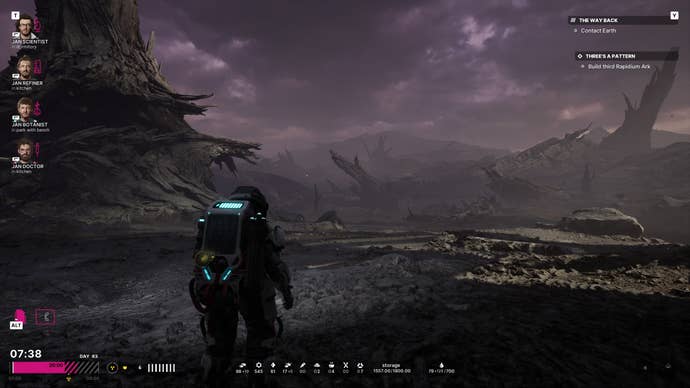
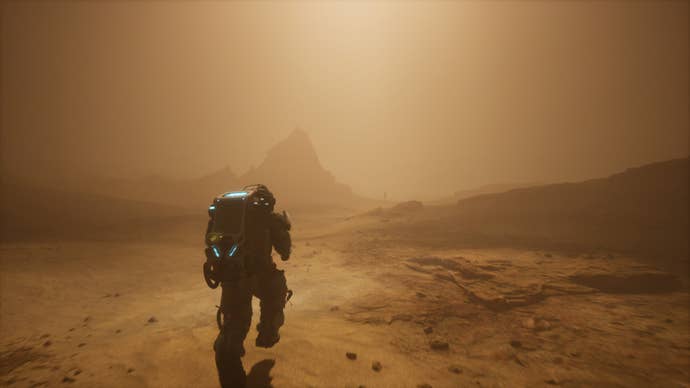
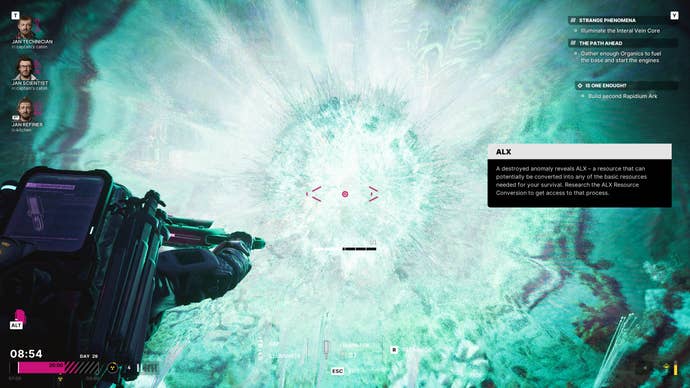
Within this maelstrom of pressure, though, are some brilliant quality of life features for mitigating the burden. I really like how time speeds up while you’re applying yourself to a task – time, incidentally, is of crucial import here. There are only so many hours in the day and if you’re caught outside past nightfall, powerful radiation will strike. If you stay up past your bedtime, too, you’ll exhaust yourself and have to sleep later in the morning to compensate for it. Time is always of the essence.
To get back to my point: time speeds up in the game-world so your task will be accomplished quicker in the real-world, meaning you wait seconds rather than minutes for things to be done. It’s very nice. I also really like how alters suggest doing other tasks after finishing one, and that all you need to do is accept or deny this with a press of a button, saving you a trip through the menus and some thinking time to achieve the same thing. You can manage build-queues from anywhere and assign alters to jobs from anywhere. There’s even a semi-automated system whereby you can set thresholds for certain goods to always be produced, which is invaluable for keeping everyone fed and for producing essential goods. In The Alters, I can feel the micro-management lessons 11 bit has learned.
But they don’t completely alleviate the game of repetitive busywork. I still found myself going in and out of the menus a lot, trying to figure out how to juggle everything I needed to do, and the on-the-ground exploration sections wore thin the longer an act itself wore on. They’re structured in a way that you will have to return to them, because some areas will be inaccessible without newly researched technology, but because things like anomaly presence also increases as acts go on, so does the resistance you’ll face there.
Dealing with anomalies is easy enough – some, you can simply run around – but light-blasting them drains your suit’s battery, which you also need for your grappling hook, so an abundance of them can quickly drain your battery, forcing you to either craft a spare battery pack, which takes resources, or run back to an outpost to recharge, which is annoying. Plus, having so many to deal with removes any kind of alien mystique anomalies once had, and it exacerbates the already laborious nature of to-and-fro-ing outside. It becomes a chore.
The Alters is a game that requires some perseverance to push through, then, which I suppose matches the perseverance the clone-crew must display, but I can imagine people being put off by it. The cyclical nature of the acts doesn’t help, in that it’s disheartening to enter a new area knowing you have to do it all again, though it does get easier as better technologies are researched. But I’m glad I persevered. There’s something startlingly unique about what 11 bit Studios does in its games, and the moral quandaries it puts us in, and this clone story in The Alters is no exception. It takes us to the strange places I hoped it would, and prods and probes and makes me think about what I value in life. It’s uneven at times, and some ideas feel underdeveloped, but then, I remember, this merging of ideas is new, and that’s what I like so much about it. This is a perilous sci-fi road trip with my clones that I’ve never had before, and one I won’t easily forget.
A copy of The Alters was provided for review by 11 bit Studios.

